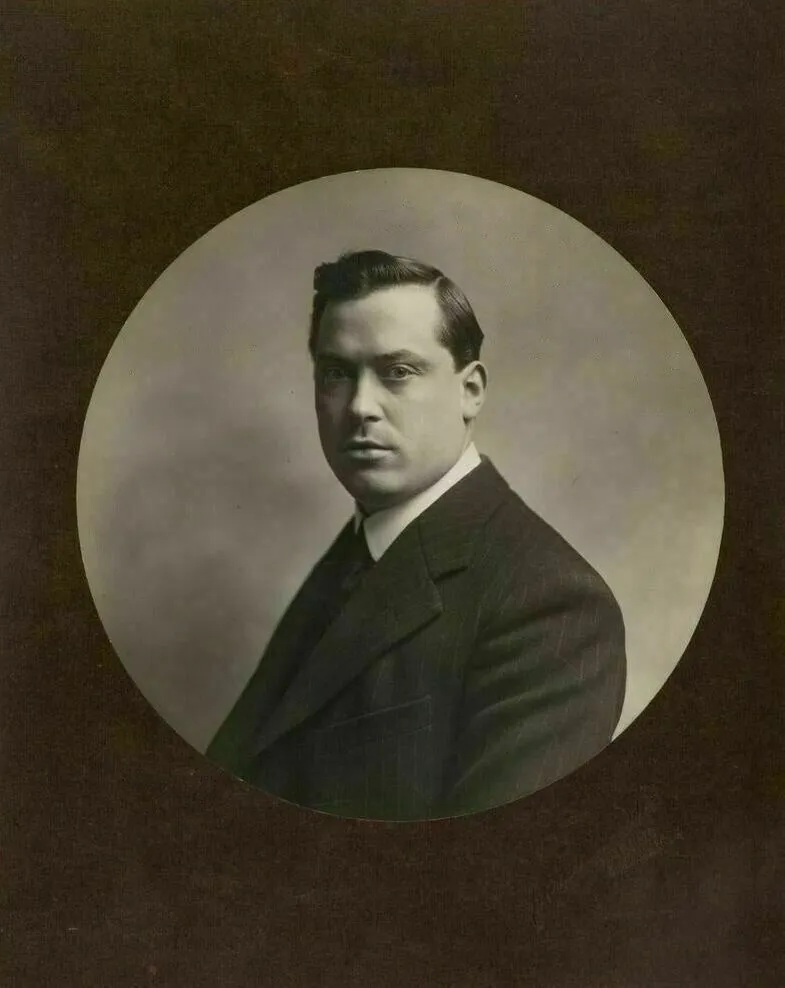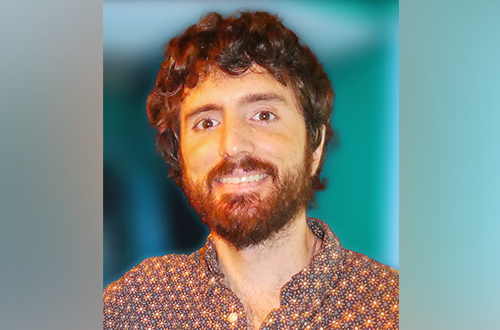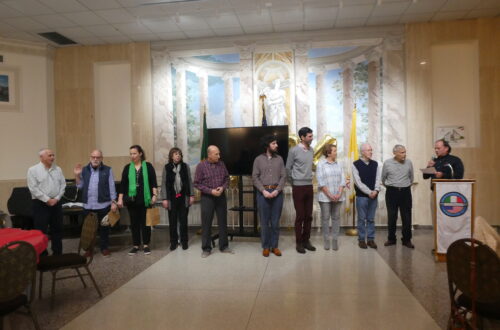
Nazzareno De Angelis: International Opera Star of the First Third of the 20th Century
By Joseph “Sonny” Scafetta, Jr.

Accomplished opera singer Nazzareno De Angelis was born on November 17, 1881, in the city of L’Aquila (population 70,967 in the 2013 Census) which is the capital of the province with the same name in the region of Abruzzo. His first serious exposure to music came in local choirs as a boy soprano. Earning praise for the excellence of his voice, he became a part of the choir of the Giulia Chapel and later the Sistine Chapel in the Vatican. He left the Vatican at the age of 13 to begin studying with Dr. Faberi at the Accademia di Santa Cecilia in Rome. For several years, he studied both baritone and bass parts. Eventually, he settled on singing in the lower bass. He spent his last two years at the Accademia developing his repertoire and performing in recitals.
He returned home to L’Aquila at the age of 21 and made his professional opera debut there at the Comunale in May, 1903, in Donizetti’s Linda di Chamounix as the Prefect. One month later, he performed at the same theater in another opera, Le Educante di Sorrento, by Emilio Usiglio. Impressed by his performances, the manager of the Teatro Quirino in Rome engaged De Angelis to play Oroveso in Bellini’s Norma in July, 1903. Later that year, he appeared in two productions in the Teatro Adriano: first, as Il Spettro (The Ghost) in Ambroise Thomas’s Hamlet and then as Sparafucile in Verdi’s Rigoletto.
During 1905, De Angelis toured the Netherlands. After the tour, he was invited to all the major opera houses in Italy. He made his debut at La Scala in 1907 and appeared often under the baton of its principal conductor, Arturo Toscanini. He cut his first audio discs in 1907 and 1908 for Fonotipia Records. In 1909, he sang at the Paris Opera as the High Priest in Spontini’s La Vestale. During 1910 and 1911, he sang for the Chicago Grand Opera. For the season of 1911-1912, he sang a series of acclaimed roles at the Teatro Colón in Buenos Aires. In 1913, he returned to La Scala to sing the role of Archibaldo in Montemezzi’s L’amore dei Tre Re (The Love of the Three Kings). When Italy entered World War I in May, 1915, the draft eligible 33-year-old bachelor De Angelis moved to the Chicago Opera Association and stayed there until 1920. He then returned to Italy and made a sequence of tours throughout Europe. In 1931, he recorded Boito’s Mefistofele in Milan for the Italian label of Columbia Records. It is the only role that he recorded in its entirety. He retired from the opera stage in 1939 at age 58 and thereafter provided voice lessons to pupils in Milan and Rome, where he died on December 14, 1962, at age 81.
During his 36-year career, De Angelis appeared on stage more than 1,500 times, performing roles in 57 different operas. He was especially celebrated for his powerful portrayal of the title role in Mefistofele which he sang about 500 times between 1906 and 1938. He was also admired for his portrayals of Creon in Cherubini’s Medea and Moses in Mosè in Egitto. Selections from his recorded output, consisting mainly of arias and duets by Verdi, Rossini, Boito, Wagner, Puccini, Meyerbeer, Halévy, Thomas, Gounod, and Weber, have been issued by Preiser Records on two separate CDs, i.e. #89042 and #89507. His complete Mefistofele was re-issued on CD by Naxos Records in 2003 as #8.110273-74.
Sources, both accessed March 14, 2021:
https://en.wikipedia.org/wiki/Nazzareno_De_Angelis
https://en.wikipedia.org/wiki/L’Aquila
March 2024





